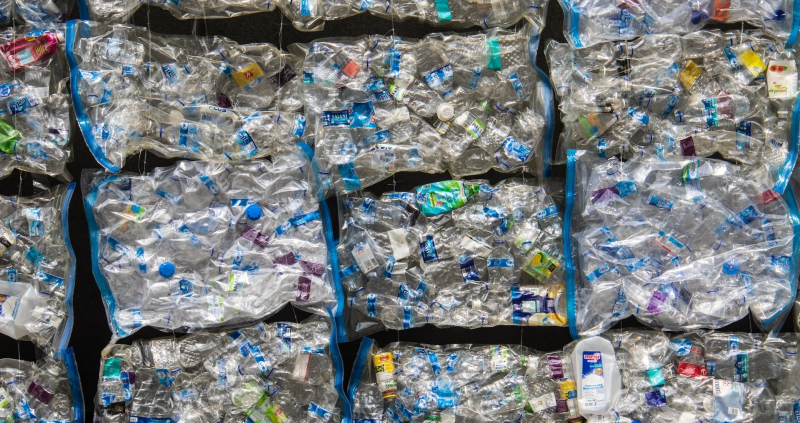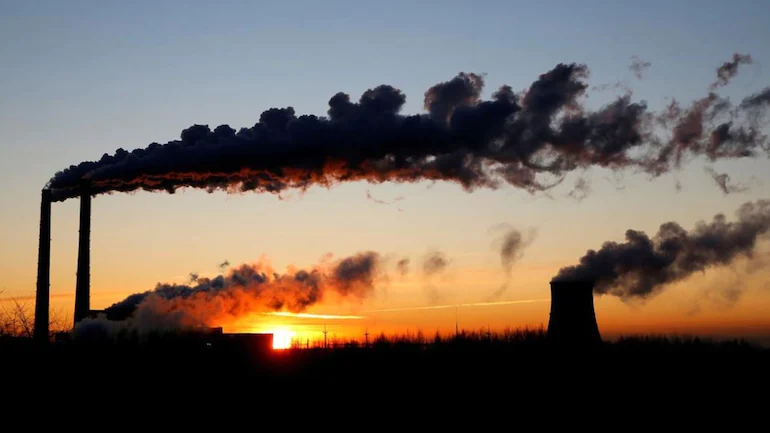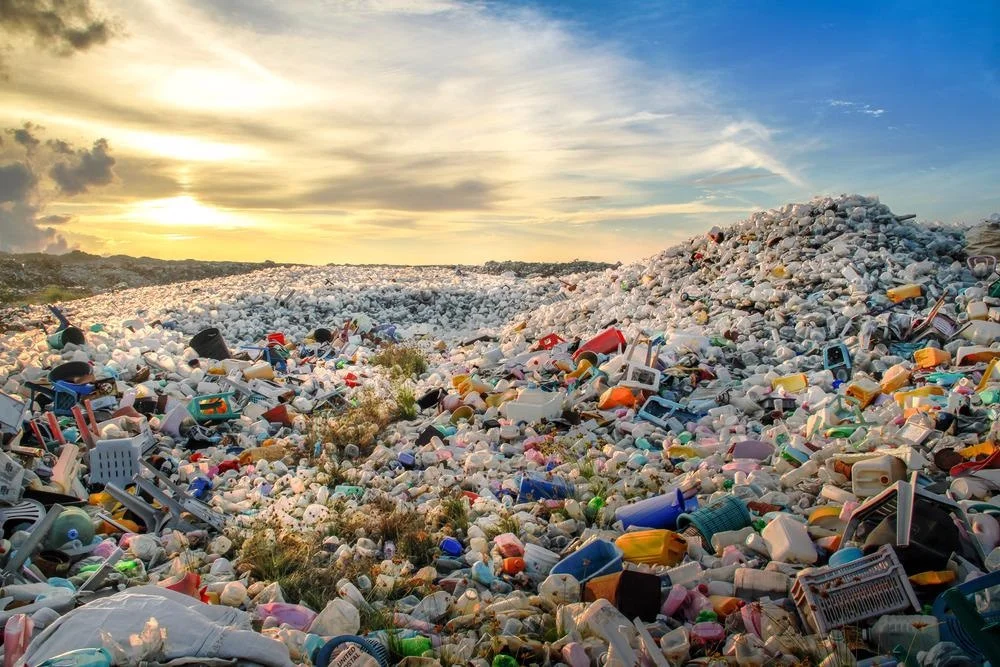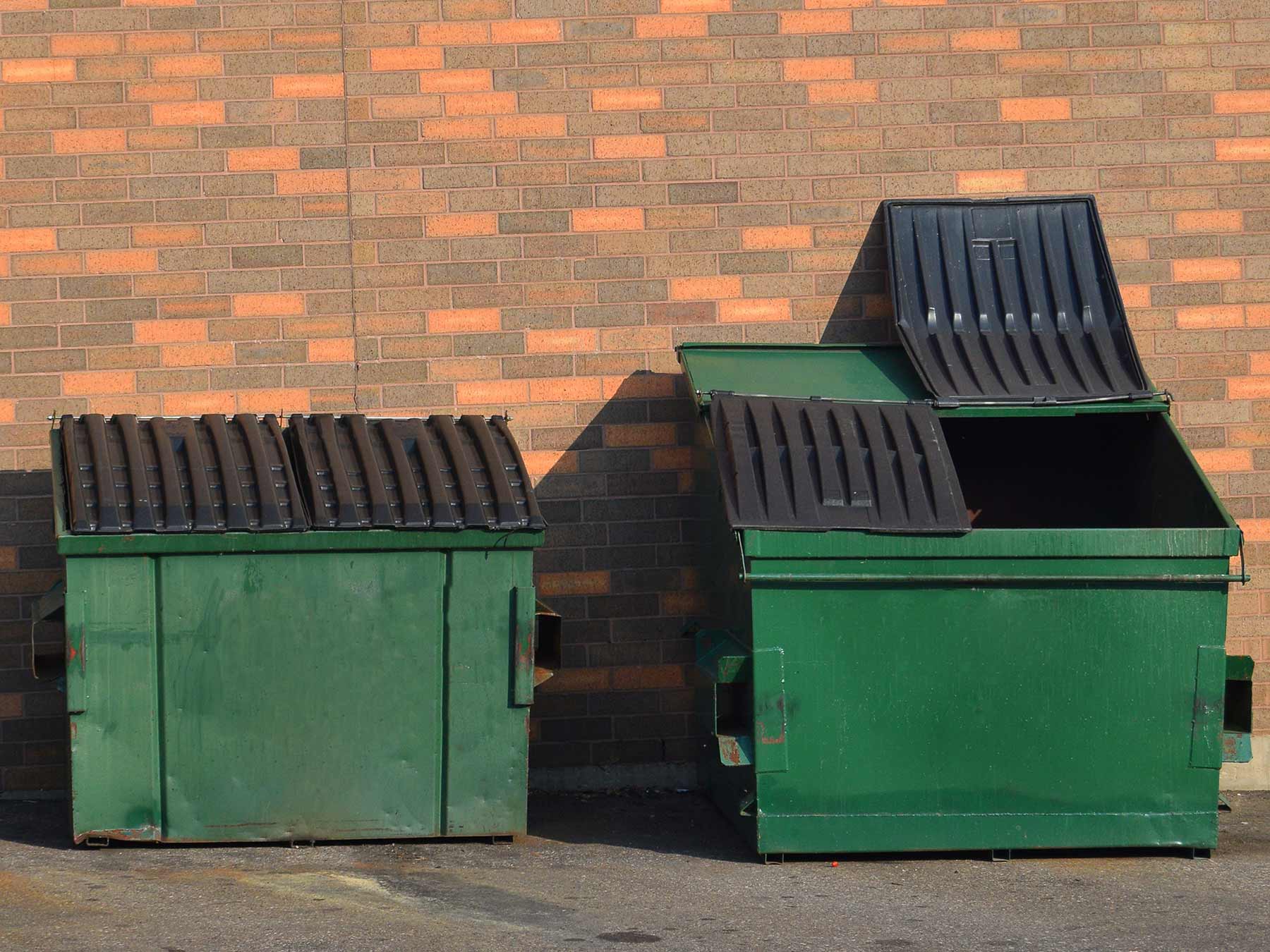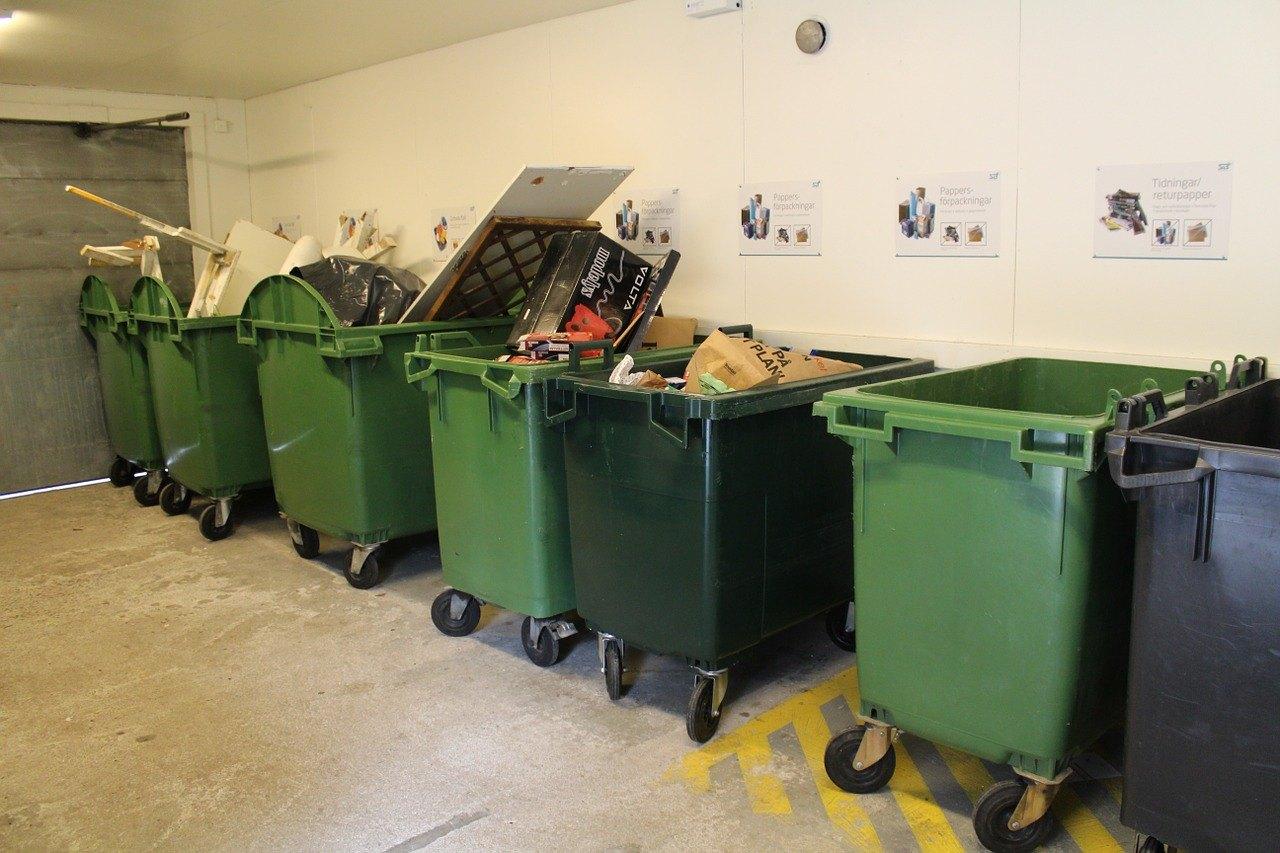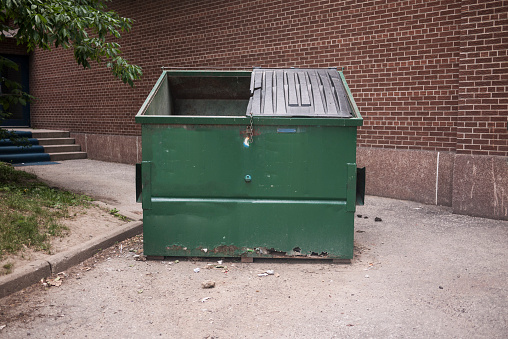The Importance of Recycling to Waste Management
Waste management is a critical issue facing our planet today. As the global population continues to grow and consumerism increases, the amount of waste generated has reached unprecedented levels. In this context, recycling plays a vital role in waste management by reducing the amount of waste sent to landfills and conserving natural resources. Recycling not only benefits the environment but also has economic and social advantages.
One of the primary benefits of recycling is its ability to conserve resources. By recycling these items, we reduce the need for raw materials extraction, which often involves destructive practices like deforestation or mining. For example, recycling one ton of paper can save around 17 trees and reduce water consumption by 7,000 gallons. Similarly, recycling aluminum cans saves significant energy compared to producing new cans from raw materials. Conserving resources through recycling helps to preserve our natural habitats and protect biodiversity.
Another crucial aspect of recycling is waste diversion. When we recycle materials, they are diverted from landfills, where they would otherwise occupy valuable space and contribute to pollution. By recycling, we can reduce methane emissions and mitigate the impact of waste on our climate. Additionally, recycling reduces the need for incineration, a process that releases harmful pollutants into the air and poses health risks to nearby communities. Proper waste diversion through recycling helps create a cleaner and healthier environment for all.
Recycling also has economic benefits. It creates jobs in the recycling industry, from collection and sorting to processing and manufacturing. According to the U.S. Environmental Protection Agency, recycling and reuse activities in the United States accounted for approximately 757,000 jobs in 2019. Moreover, recycling can lead to cost savings for businesses and municipalities. Producing goods from recycled materials is often cheaper than starting from scratch, and landfill disposal costs can be significantly reduced by diverting waste through recycling programs. By embracing recycling, we can stimulate economic growth and create a more sustainable society.
Furthermore, recycling contributes to the development of a circular economy. In a linear economy, products are made, used, and then discarded. In contrast, a circular economy aims to minimize waste and maximize the value of resources by keeping them in use for as long as possible. Recycling is a fundamental component of this circular model, as it enables the regeneration of materials and their reintroduction into the production cycle. By promoting recycling, we can shift towards a more sustainable and efficient economy that reduces waste generation and fosters resource stewardship.
In conclusion, recycling plays a crucial role in waste management by conserving resources, diverting waste from landfills, creating economic opportunities, and promoting a circular economy. As individuals, we can contribute to effective waste management by adopting recycling practices in our daily lives. Governments, businesses, and communities must also invest in infrastructure and education to facilitate recycling and maximize its benefits. By embracing recycling, we can protect our environment, conserve resources, and build a more sustainable future for generations to come.
Recycling Initiatives by the Government of Georgia
The state of Georgia in the United States has been proactive in implementing recycling initiatives to address the growing environmental concerns and promote sustainable waste management practices. Recognizing the importance of recycling, the government has taken significant steps to encourage recycling, improve infrastructure, and raise awareness among its residents.
One of the key initiatives undertaken by the government of Georgia is the establishment of the Georgia Recycling Coalition (GRC), a non-profit organization. It aims to promote recycling as a means to conserve resources, protect the environment, and create economic opportunities. The GRC plays a crucial role in coordinating recycling efforts, sharing best practices, and advocating for policies that support recycling in the state.
To support recycling at the community level, the government has implemented comprehensive recycling programs. These programs include curbside recycling, drop-off recycling centers, and public recycling bins in parks, schools, and other public spaces. These convenient recycling options make it easier for residents to participate in recycling and divert waste from landfills.
The government of Georgia has also invested in education and awareness campaigns to promote recycling. By partnering with schools, community organizations, and businesses, they have developed educational materials and conducted workshops to teach residents about the importance of recycling, proper sorting techniques, and the environmental benefits of recycling. These initiatives help instill a culture of recycling and encourage individuals to make sustainable choices in their everyday lives.
In addition to residential recycling, the government has implemented recycling initiatives in the business sector. The Georgia Department of Natural Resources (DNR) provides resources and support to businesses interested in implementing recycling programs. This includes technical assistance, grant opportunities, and recognition programs for businesses that demonstrate exemplary recycling practices. By engaging the business community, the government is fostering a sustainable business environment and encouraging responsible waste management practices.
To ensure the success of these initiatives, the government of Georgia has also focused on improving recycling infrastructure. This includes investing in recycling facilities and expanding recycling collection networks. The government has collaborated with private recycling companies to enhance recycling capabilities and ensure the efficient processing of recyclable materials. These efforts help create a robust recycling infrastructure that can handle increasing volumes of recyclables and meet the demands of a growing population.
The government of Georgia has demonstrated a strong commitment to recycling and sustainable waste management practices. Through the implementation of comprehensive recycling programs, educational campaigns, and collaboration with various stakeholders, the government has made significant progress in promoting recycling in the state. By continuing to invest in infrastructure, education, and partnerships, Georgia is paving the way towards a greener and more environmentally conscious future.
Dumpster Rental Services in Georgia
Dumpster rental services play a crucial role in waste management, offering a convenient and efficient solution for the disposal of various types of waste. In the state of Georgia, US, there are several reliable dumpster rental services available that cater to the diverse needs of residential, commercial, and industrial customers. These services provide numerous benefits, including flexibility, affordability, and responsible waste disposal.
One of the key advantages of dumpster rental services in Georgia is their flexibility. Whether you are undertaking a home renovation project, conducting a construction site cleanup, or managing waste from a commercial establishment, dumpster rental companies offer a range of container sizes to suit your specific needs. From small roll-off dumpsters to large construction dumpsters, there are options available to accommodate different volumes of waste. This flexibility allows customers to efficiently dispose of their waste without the hassle of multiple trips to the landfill.
Affordability is another significant benefit of dumpster rental services. Many companies in Georgia offer competitive pricing structures based on the size of the dumpster and the duration of rental. This allows customers to choose a dumpster that fits within their budget while ensuring efficient waste removal. By renting a dumpster, customers can avoid costly fees associated with frequent waste disposal trips or the need to purchase specialized equipment for waste management. Dumpster rental services provide a cost-effective solution for both short-term and long-term waste disposal needs.
Responsible waste disposal is a paramount concern in Georgia, and dumpster rental services contribute to this effort. Reputable rental companies adhere to strict waste management regulations and guidelines. They ensure that the waste collected is disposed of properly and in compliance with environmental standards. Dumpster rental services typically have partnerships with local waste disposal facilities, recycling centers, and transfer stations, ensuring that waste is handled responsibly and diverted from landfills whenever possible. By choosing a dumpster rental service, customers can have peace of mind knowing that their waste is being disposed of in an environmentally friendly manner.
Convenience is another key factor driving the popularity of dumpster rental services in Georgia. Rental companies typically deliver the dumpster directly to the customer’s desired location, whether it’s a residential property, construction site, or commercial facility. This eliminates the need for customers to transport waste themselves, saving time and effort. Once the rental period is over or the dumpster is filled, the rental company will promptly pick it up and dispose of the waste, providing a hassle-free waste management solution.
Dumpster rental services in Georgia offer a range of benefits, including flexibility, affordability, responsible waste disposal, and convenience. Whether it’s for residential, commercial, or industrial purposes, renting a dumpster provides an efficient and cost-effective solution for waste management. By choosing a reputable rental company, customers can ensure that their waste is handled responsibly and in compliance with environmental regulations. Dumpster rental services play a vital role in maintaining a clean and sustainable environment in Georgia.
List of References
- https://www.georgia.org/center-of-innovation/recycling-and-sustainability
- https://philadelphiabellavistabnb.com/what-is-a-sanitary-landfill/
- https://dumpsterrentalnearmemashpee.com/
- https://www.georgiarecycles.org/about-recycling/general-information/
- https://philadelphiabellavistabnb.com/the-benefits-of-a-dumpster-rental-services-for-your-business/

